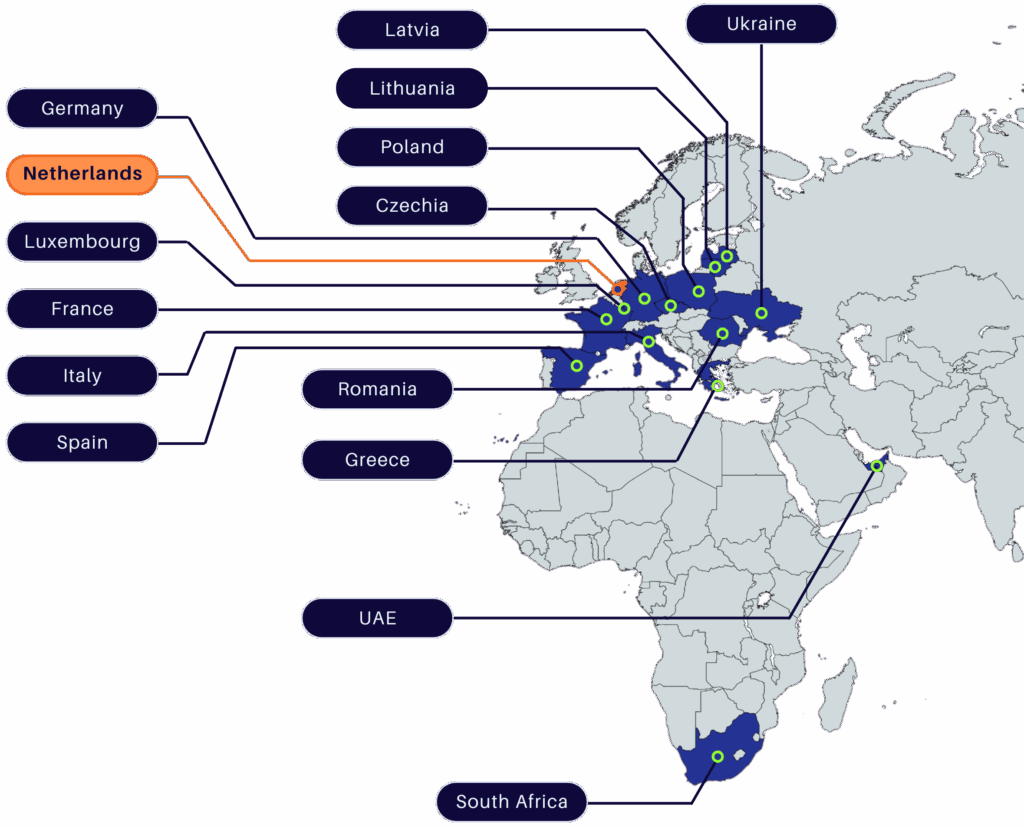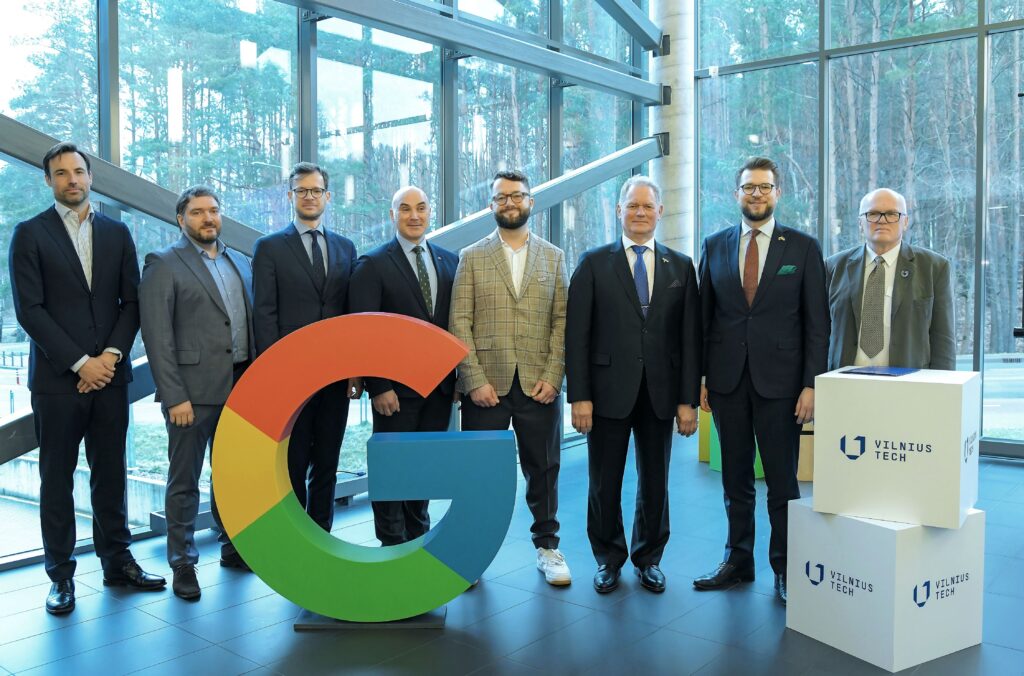Google.org has awarded a $1 million grant to Virtual Routes to launch the Google.org Cybersecurity Seminar Program in the Netherlands. This initiative aims to train 200 students in practical cybersecurity skills, with a particular focus on combating ransomware threats, and to deploy them to support 250 Local Community Organizations (LCOs) across the country. This marks the first time Virtual Routes will implement the program, after supporting its successful deployment in higher education institutions across Europe, the Middle East, and Africa.

A Proven Model, Now in the Netherlands
The Google.org Cybersecurity Seminar Program equips students with hands-on, interdisciplinary education in cybersecurity. It is designed not just to teach theory but to apply it directly in the field. Students will engage in both classroom learning and practical experience.
The program has been successfully implemented in higher education institutions across Europe, Africa, and the Middle East, and is now being launched in the Netherlands for the first time under the leadership of Virtual Routes.
“We are thrilled to bring this program to the Netherlands,” said James Shires, Co-director of Virtual Routes. “By working with local organizations, students will gain the hands-on skills needed to respond to real threats and protect critical services.”
Responding to a Growing Ransomware Threat
Over the past five years, the Netherlands has been frequently targeted by ransomware attacks, with high-profile incidents affecting key sectors. Maastricht University, the Municipality of Hof van Twente, the Dutch Research Council (NWO), Dutch Football Association (KNVB), and VDL Group are among the most notable cases. The ripple effects of these incidents extended beyond the immediate victims, impacting supply chains, public services, and trust in digital infrastructure.
Max Smeets, Co-Director of Virtual Routes and author of the recently published Ransom War: How Cybercrime Became a Threat to National Security, noted: “The impact of ransomware is felt deeply in communities. Local organizations – schools, small and medium sized businesses, community centers – are often not worried about espionage from nation state actors; they are worried about ransomware that can cripple their operations. National and international initiatives like the Counter Ransomware Initiative have been important, targeting money laundering networks and criminal infrastructure. But on the ground, many local organizations still lack the basic security measures to protect themselves. They don’t always have the resources to bring in experts for recovery or to manage negotiations with cybercriminals. This program is designed to give students the skills to help these organizations better protect themselves.”
Practical Training and Real-World Engagement
The program’s curriculum includes a wide variety of courses and modules, with some more technical – such as Malware Reverse Engineering and Network Forensics – and others focused on legal, policy, and communications, such as The Ransomware Threat Landscape and Cyber Insurance and Risk Quantification. This blend ensures that students gain both practical skills and a deeper understanding of the broader implications of cybersecurity threats.
Students also work on real-world projects with LCOs. For example, students could: conduct phishing simulations to bolster awareness; facilitate tabletop exercises for incident response preparedness; develop decryptor libraries and victim support sheets for community resilience; or conduct network scanning to identify vulnerabilities.
“Our curriculum is designed to equip students with practical skills that can make a tangible difference. Working alongside these organizations, they will learn how to identify vulnerabilities, strengthen defenses, and support recovery efforts,” said YuYing Mak, Cybersecurity Seminars Program Officer at Virtual Routes.




